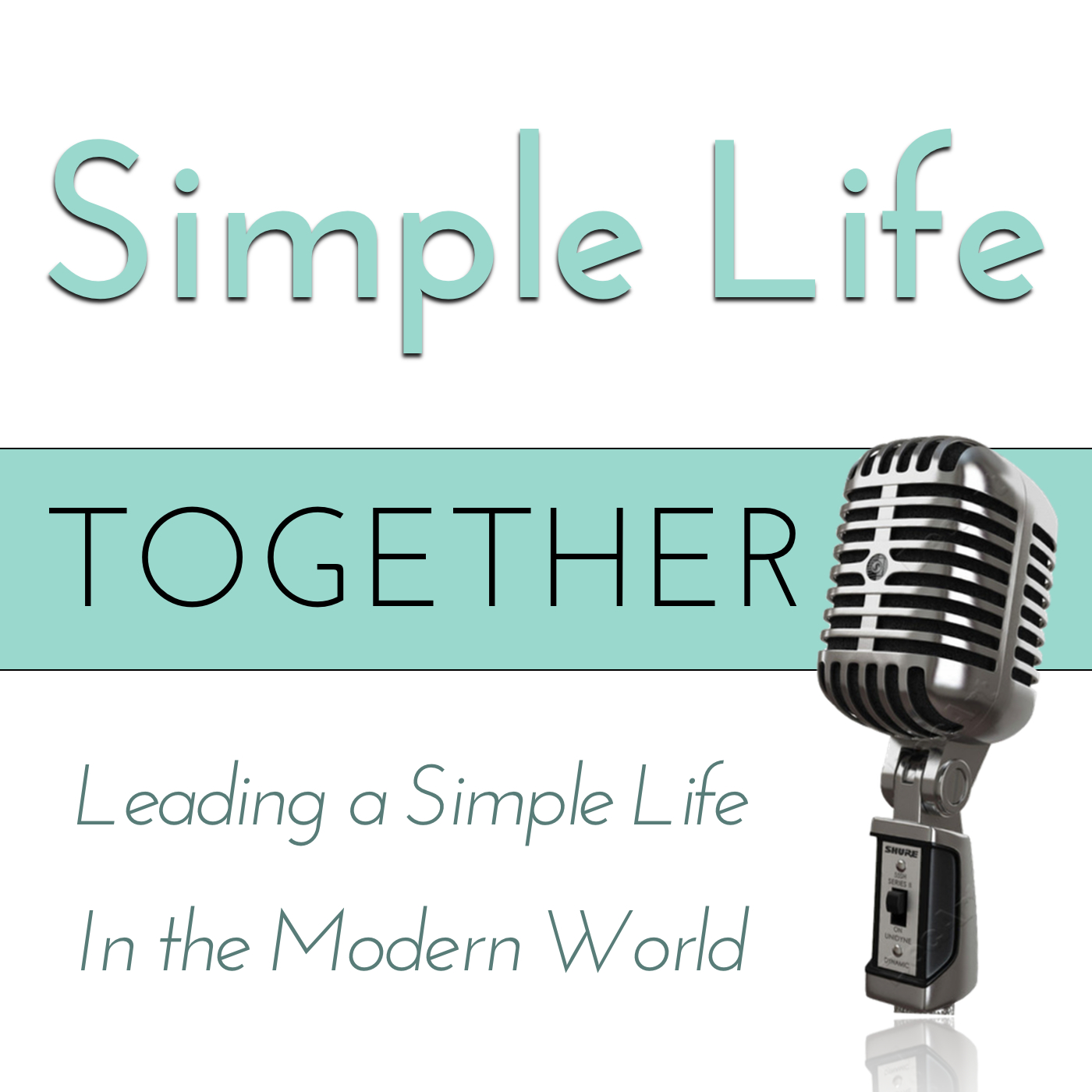
SLT056: Beware of the The Comparison Trap
Podcast: Simple Life Together
Autor:Dan Hayes & Vanessa Hayes, Daniel Hayes
Escuchar Episodio
Descripción del Episodio
Whether we’re hard-wired for it, or it’s learned behavior, we all fall victim to the comparison trap from time to time. Whether it’s houses, cars, paychecks, toys (I’m not just talking about kids’ to…

Episodios Relacionados
-
SLT079: Part 2 of Still Simplifying After All These Years enero 21, 2019
-
SLT078: Still Simplifying After All These Years Part 1 enero 21, 2019
-
SLT077: Simple Answers to Listener Questions diciembre 22, 2015
-
SLT076: Simplifying to Sell Your Home julio 25, 2015
-
SLT075: 4 Critical Areas You Need to Consider When Downsizing marzo 21, 2015